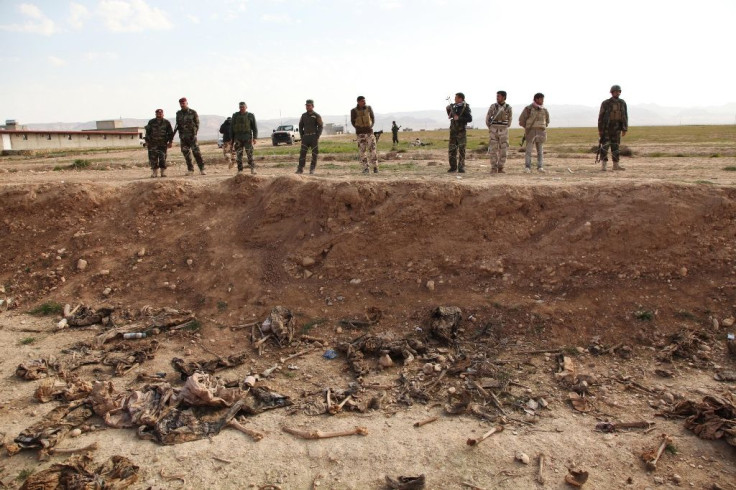ISIS Reaps Millions By Smuggling Migrants To Europe: Report

Extremist groups like the Islamic State group reap millions of dollars by smuggling people from the Middle East and Africa into Europe, a fresh report reveals, adding that some 170,000 refugees traveled by sea to Europe in 2014. Frontex, the border-surveillance organization of the European Union, predicts the number will be higher this year.
Officials from Africa and the European Union have been trying to find ways to prevent illegal migration. The Guardian reported that Europe has plans to smash Libyan smuggling networks using military power.
The 19-page strategy paper insists on establishing a European presence in North Africa, after making agreements with specific authorities. “The operation would require a broad range of air, maritime and land capabilities,” the paper says. “These could include intelligence, surveillance and reconnaissance; boarding teams; patrol units (air and maritime); amphibious assets; destruction air, land and sea, including special forces units.”
The sources of funding for the Islamic State group have changed significantly since 2014. Time magazine reports that, while the militant organization used to get cash through oil smuggling, those earnings have been hugely affected by U.S.-led coalition airstrikes that target the oil facilities.
The Islamic State group -- also known as ISIS or ISIL -- reportedly needs at least $523.5 million a year to continue its operations and $815.3 million every year to buy weapons, run services and pay fighters.
A migrant from Senegal told Time in April that he had to pay several militant groups at each step of the migration process. The man said that it cost around $2,150 for him to set off his journey from the Libyan coast.
However, Federica Mogherini, the EU’s chief foreign and security policy coordinator, dismissed the idea of military interference. “We are not planning in any possible way a military intervention in Libya,” she said Wednesday. But she expects a prompt resolution by the U.N. Security Council so that force could be used against the smugglers.
Contact the writer: s.mukhopadhyay@ibtimes.com.au
© Copyright IBTimes 2024. All rights reserved.





















